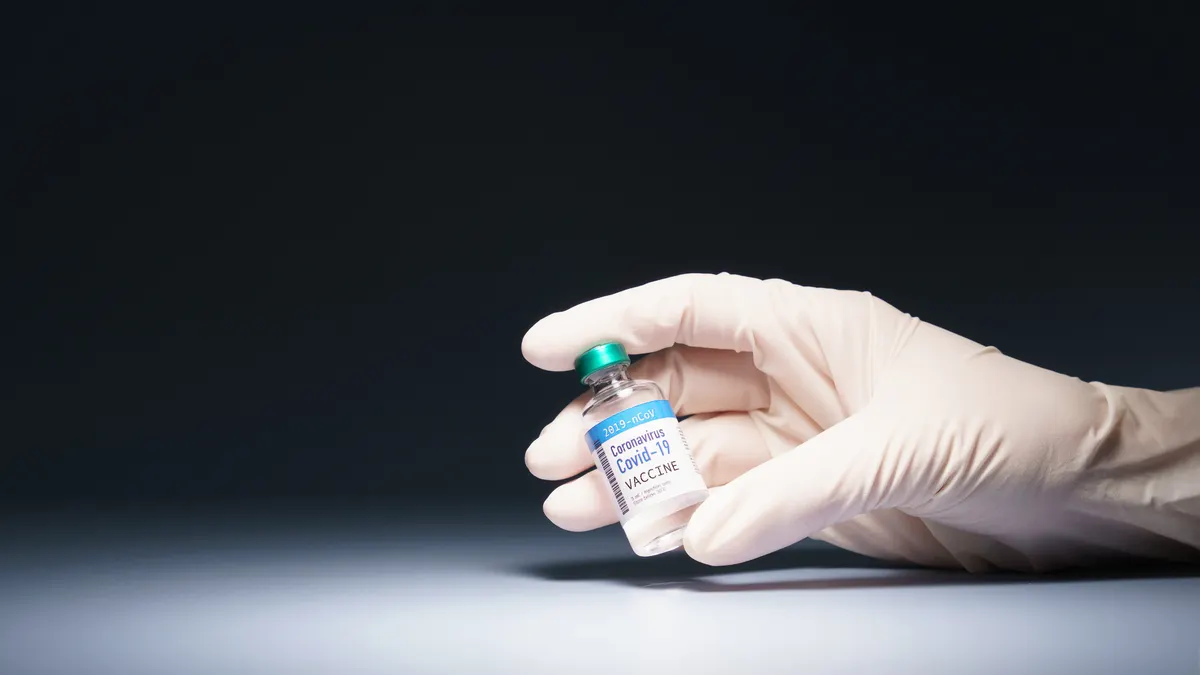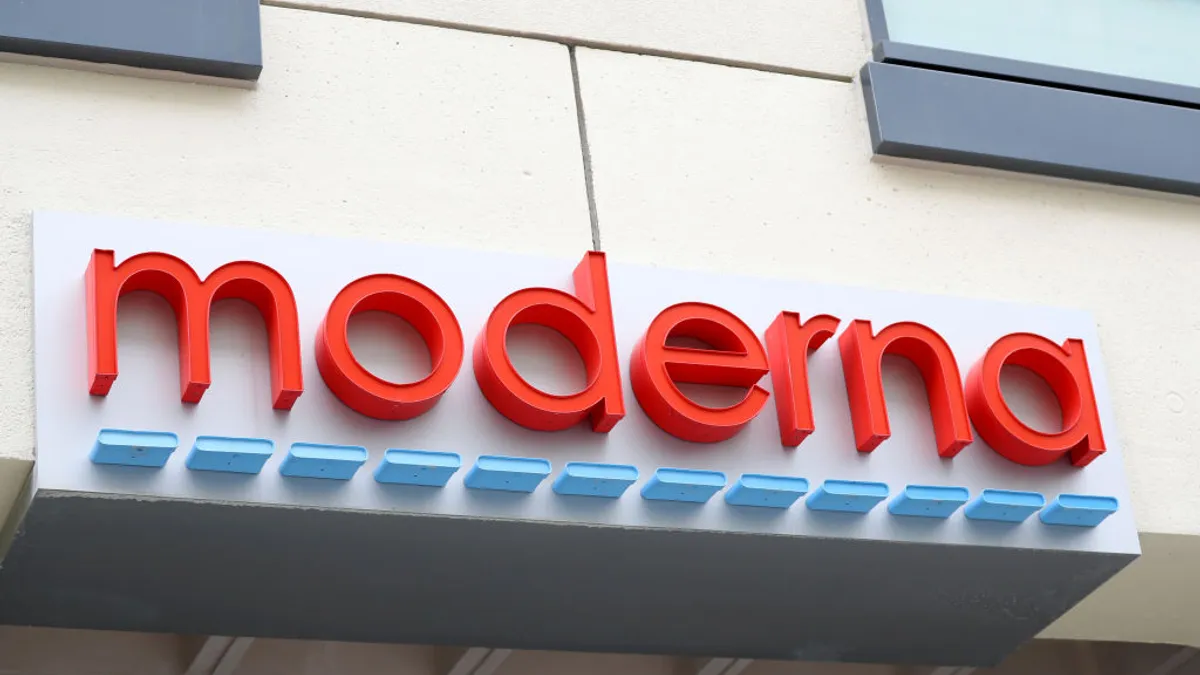Is Metsera the face that launched a thousand ships? The three-year-old, mid-stage clinical obesity startup with 81 employees is at the center of a fierce bidding war between two industry titans — and the action is still heating up.
Originally the target of U.S. pharma giant Pfizer in September with a $4.9 billion acquisition bid that could be worth $7.3 billion with milestones, Metsera last week found itself suddenly the belle of the ball. The company fielded a competing offer from Danish weight loss juggernaut Novo Nordisk worth $6.5 billion up front and as much as $9 billion in future payments.
But the trench warfare didn’t stop there. Pfizer this week upped its own offer to a total of $8.1 billion including milestones, and Novo the following day dug deeper with a $10 billion renewed bid of its own. All the while, Pfizer filed two lawsuits, claiming Novo is engaged in an “anticompetitive conspiracy.”
Is Metsera worth all the trouble? With the ever-rising tide of the weight loss market, Big Pharma seems willing to take that risk.
A golden pipeline?
Both Pfizer and Novo have their reasons for wanting to snatch up a promising young biotech that holds a pipeline brimming with potential in the cutthroat weight loss arena. They’ve both watched other obesity opportunities slip through their fingers, and they need a leg up to stay competitive.
Pfizer’s attempts at an obesity pill were cut short in April with the discontinuation of a clinical program due to safety reasons. As for Novo, an early lead with the GLP-1 household name Ozempic was quickly lost to Eli Lilly’s competing injections, triggering flagging sales and corporate restructuring.
For both drugmakers, a chance at Metsera’s promising pipeline is an opportunity to plant a flag in the next phase of the weight loss boom. Although analysts on earnings calls for Pfizer and Novo expressed skepticism that Metsera’s drugs stood out enough to garner such attention, executives assured industry watchers that they knew what they were getting.
What they would be getting is a lineup of next-generation drug candidates that, if successful, could offer less frequent dosing, scalable manufacturing, fewer side effects and better efficacy, according to Metsera.
The company’s nutrient-stimulated hormone, or NuSH, analog peptides were developed over two decades at Imperial College in London and combined with proprietary platforms to increase the drugs’ half-life and oral availability.
Metsera’s lead candidate MET-097i is in a phase 2b study with monthly dosing. Current GLP-1 drugs are taken once a week, and with patient discontinuation a particular roadblock for the market’s growth, a monthly option presents an enticing opportunity.
In preliminary results, MET-097i showed 7.5% reduction in body weight that lasted weeks after a final injection and has the potential to combine with Metsera’s other pipeline prospects.
The company is running two early-stage studies with the amylin analog MET-233i both alone and in combination with MET-097i, as well as another phase 1 trial with an oral version.
What’s at stake
For Pfizer and Novo, both of which have been rocked by dwindling sales and waning investor confidence, the weight loss space is an industry stronghold where they can make up lost ground.
Pfizer CEO Albert Bourla is all in.
“Our belief in the promise of the Pfizer and Metsera combination is strong and unwavering,” Bourla said Tuesday on a third-quarter earnings call. “We are confident it will create substantial value for shareholders and advance innovation to bring important medicines to patients in the high-growth therapeutic area of obesity.”
Bourla went on to say that Novo’s actions were “an illegal attempt by a foreign company” to subvert antitrust laws, claiming the competitor’s intention is to kill a competitor rather than gain innovation.
And although Pfizer is currently in the underdog position with regard to the bid amount, some analysts have speculated that the company’s good graces with President Donald Trump could play a role in upcoming challenges.
But Novo also won’t bow down, and new CEO Mike Doustdar said on the company’s earnings call yesterday that Metsera’s pipeline would bolster their own.
“We have been looking at Metsera for a long time — we are very excited about these assets,” Doustdar said. “The proposal to acquire Metsera supports our long-term strategy and it is mainly because these assets are differentiated [and] complementary to our products and portfolio.”
So far, Metsera has found Novo’s bid to be “superior,” giving Pfizer until today to up the ante again, in which case the battle will carry on.


















